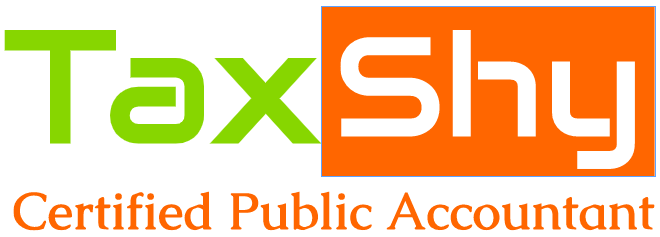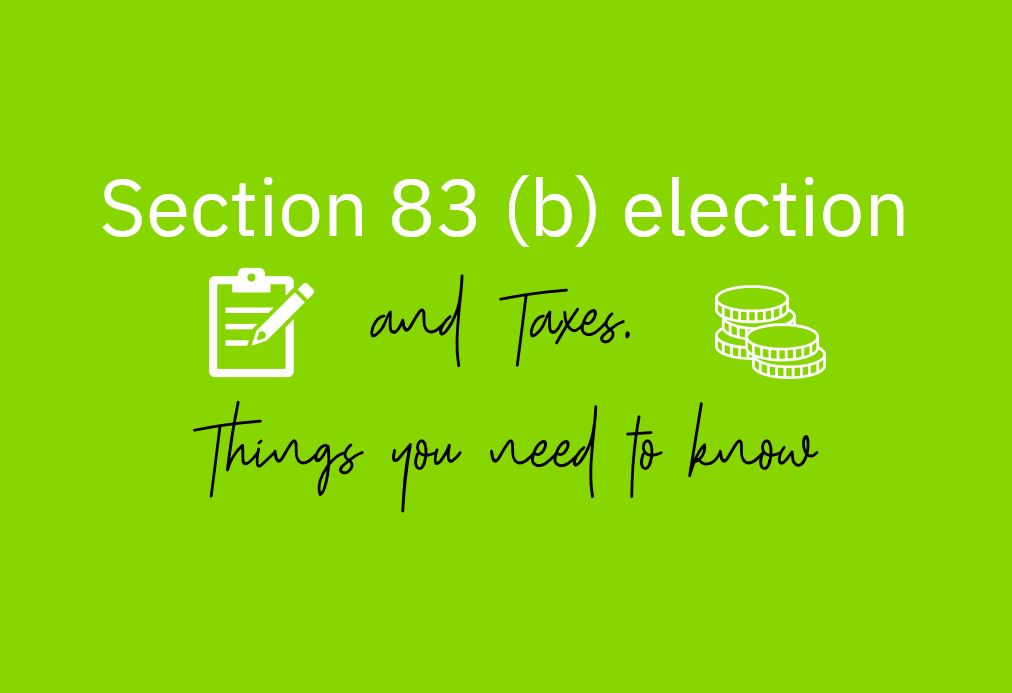Section 83(b) election – Is it for you?
Section 83(b) election is available to Restricted Stock Awards (RSA). Section 83(b) election is an election to notify the IRS that you wish to be taxed in connection with stock when it is issued/granted/transferred and not when it vests.
If this election is made, you must include the difference between the FMV of the stock less any amount paid for it in your compensation, at the time when the stock is transferred, even though the stock is not vested and subject to risk of forfeiture.
If you make this choice, any later appreciation in value isn’t included in your compensation when the stock becomes substantially vested. When you sell the stock later the gain or loss from the sale is subject to capital tax rate and not ordinary tax rate (higher than capital tax rates)
An 83(b) election is irrevocable.
Advantages
- There will be no federal tax when the equity vests. Election to pay tax at grant was made.
- Any gain realized in the subsequent sale will be taxed as capital tax rates that are less than ordinary tax rates.
As you can see, it makes the most sense to file the election if you are sure the value of your shares will go up. In the case of a fast-growing startup, an 83(b) election will save you the most money. You’ll then only be taxed on the book value of the shares you acquired at the time you acquired them.
Disadvantages
- If you forfeit the stock or leave the company before the stock vests, after you have included its value in income, the taxpayer is not allowed any deduction for the amount that was reported as income at the time of transfer.
Disclosure: This material has been prepared for informational purposes only. It is not intended as a substitute for personalized professional advice. You should consult your own tax advisors or contact us if you need help with implementing any ideas shared on this page.


